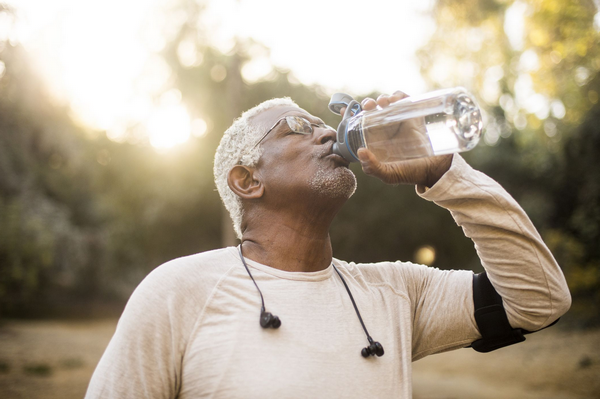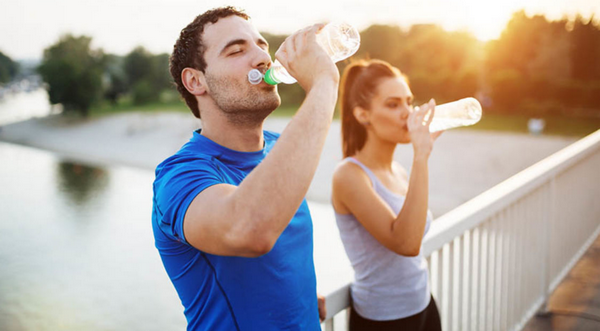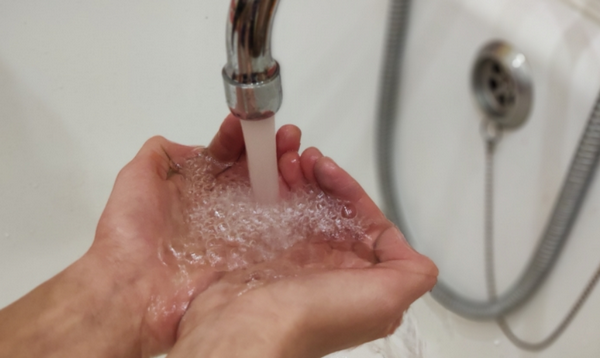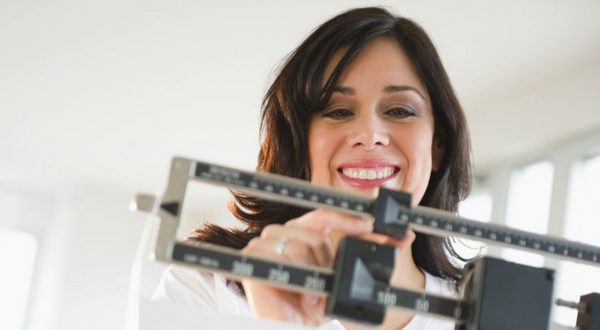
How much water should you drink every day to lose weight?
The recommendation for daily water intake can vary depending on factors such as body weight, physical activity level, climate, and overall health. While the 3.5 liters for men and 2.5 liters for women mentioned earlier are general guidelines, they may not apply to everyone. It's important to listen to your body's thirst signals and stay adequately hydrated.
If your goal is weight loss, drinking water can be beneficial. Water is calorie-free and can help you feel full, leading to reduced calorie intake. Additionally, staying hydrated supports proper bodily functions and can enhance metabolism.
Instead of focusing solely on a specific quantity, it's generally a good practice to drink water throughout the day and ensure you're not constantly feeling thirsty. The color and smell of urine can also be indicators of hydration status. Clear or pale yellow urine usually indicates adequate hydration, while darker urine may suggest dehydration.

While water is the best choice for hydration, other fluids like herbal tea, unsweetened beverages, and water-rich foods can also contribute to your daily water intake. Cucumbers, watermelons, and soups, as mentioned earlier, can provide hydration as they contain a high water content.
Regarding the Chinese tradition of drinking warm water, there is no scientific consensus on its specific benefits for weight loss. However, drinking warm water may help with digestion and improve bile movement, as mentioned. Just be cautious not to consume water that is too hot, as it can potentially harm the esophagus.

To support weight loss efforts, it's recommended to combine regular water intake with a balanced diet, physical activity, and other healthy lifestyle choices. Drinking water alone is not a guaranteed method for weight loss, but it can be a helpful component of an overall healthy routine.
Remember, it's always a good idea to consult with a healthcare professional or a registered dietitian who can provide personalized advice based on your specific needs and goals.











